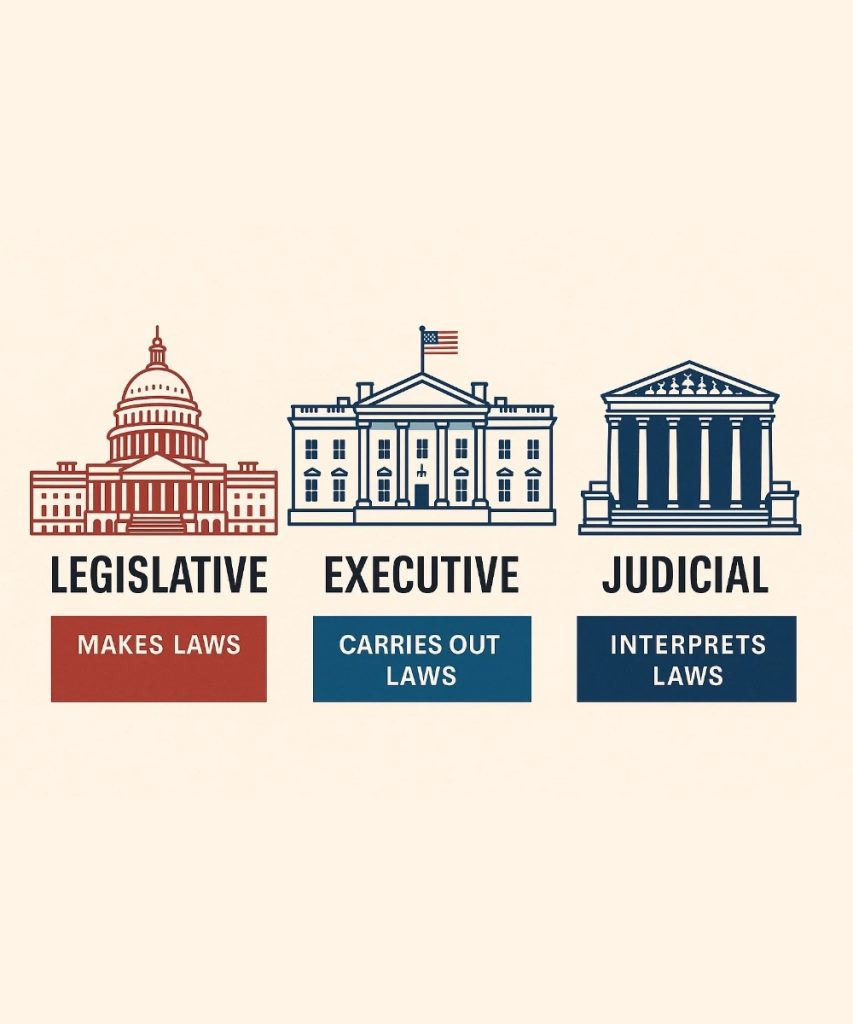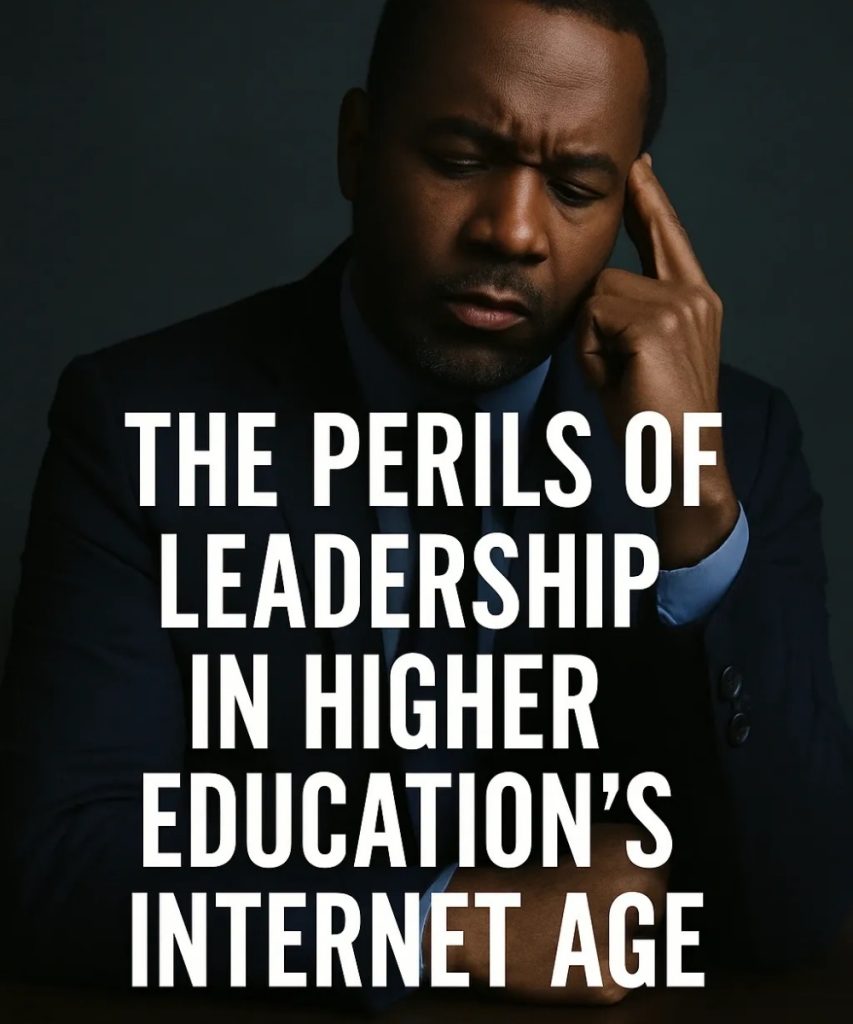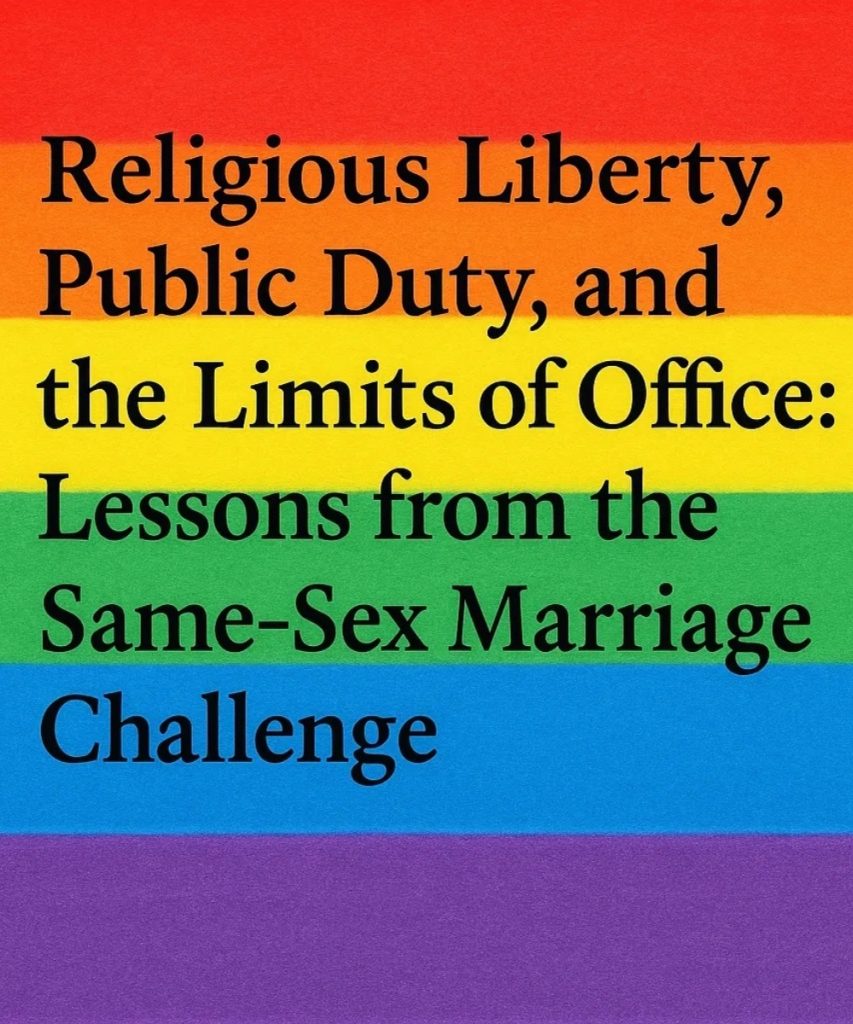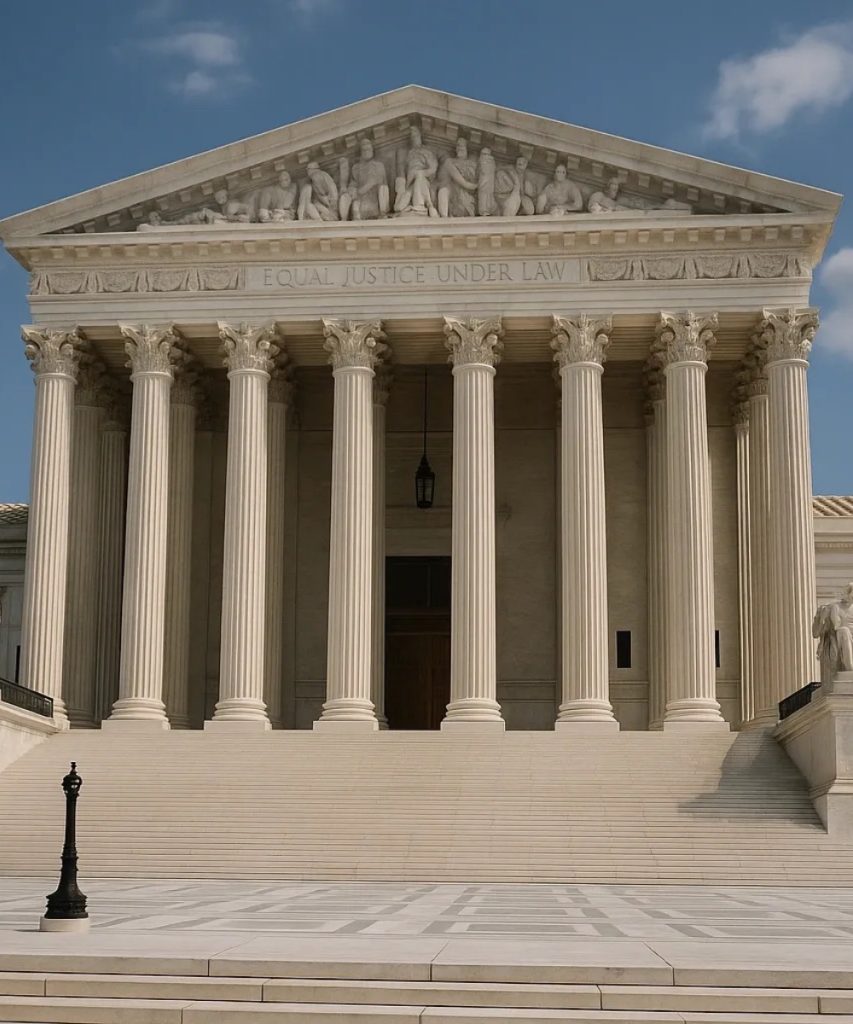On April 10, 2025, the United States Supreme Court issued a unanimous ruling ordering the federal government to facilitate the return of Kilmar Abrego Garcia, a Maryland resident who was wrongfully deported to El Salvador. The Court ruled that his removal violated federal immigration law and constitutional due process. The order was clear and constitutionally binding.
President Donald J. Trump has refused to comply.
This refusal represents more than a political dispute. It is a direct and dangerous rejection of the rule of law. It is also one of the most serious constitutional crises of our time, where the sitting President of the United States refuses to follow a lawful ruling from the highest court in the land.
Understanding Our Government: The Three Branches and the Rule of Law
The United States Constitution established three coequal branches of government to prevent tyranny and preserve liberty. Congress, the legislative branch, creates laws. The executive branch, led by the president, enforces them. The judicial branch interprets the laws and ensures they align with the Constitution.
This structure, known as the separation of powers, is further supported by a system of checks and balances. Each branch has mechanisms to limit the powers of the others, ensuring no single branch becomes dominant.
When the president refuses to comply with the Supreme Court, that balance is broken. If the judiciary can no longer enforce its rulings and the executive chooses to ignore them, then the Constitution is no longer the highest law in the land. Power becomes concentrated in one person, not shared among institutions. This is the behavior of a regime, not a republic.
A Pattern of Executive Nullification
President Trump’s refusal to comply with the Court’s order is not an isolated incident. It follows a broader pattern of undermining democratic norms, attacking judges, discrediting legal institutions, and concentrating power in the presidency.
This particular defiance concerns the deportation of Kilmar Abrego Garcia. Rather than fulfilling the Supreme Court’s directive, the administration is selectively interpreting the word “facilitate” to mean that no action is necessary unless El Salvador chooses to act first. This logic is a legal fiction. It allows the president to appear compliant while effectively refusing to enforce the ruling.
Such manipulation of legal language is not leadership. It is authoritarianism in motion.
The Danger of Unchecked Power
If a sitting president can ignore the Supreme Court without consequence, then the entire system of constitutional governance is at risk. The executive branch was never intended to operate without constraint. It is accountable to the law, the courts, and ultimately the people.
This is why our democracy is in peril. Without a functioning system of checks and balances, the structure of our government begins to resemble the very systems our founders fought against. President Trump’s actions reflect the tendencies of a strongman, not a public servant. He is placing himself above the Constitution, above the judiciary, and above the will of the people.
A Call to the Legal Community and the American People
This moment demands a unified response. Legal scholars, judges, public servants, and engaged citizens must act with urgency and clarity. The rule of law depends on public faith and institutional integrity. If those in power defy the courts, the people must defend them.
We need constitutional experts to challenge these actions. We need journalists to uncover the truth. We need civic educators to teach the public what is at stake. And we need the people themselves to vote, to speak out, and to hold leaders accountable.
Conclusion: Trump Is Not Above the Law
President Donald Trump is not above the law. No president is.
Our Constitution only survives when it is respected. Our democracy only endures when it is defended. Now is the time to raise our voices, to reaffirm our commitment to democratic ideals, and to insist that the rule of law remains the foundation of our nation.
We need all of us to hold him accountable. We must hold our democracy to the ideals set forth by our Founding Fathers — a government of laws, not of men, rooted in liberty, justice, and equal protection under the law.




